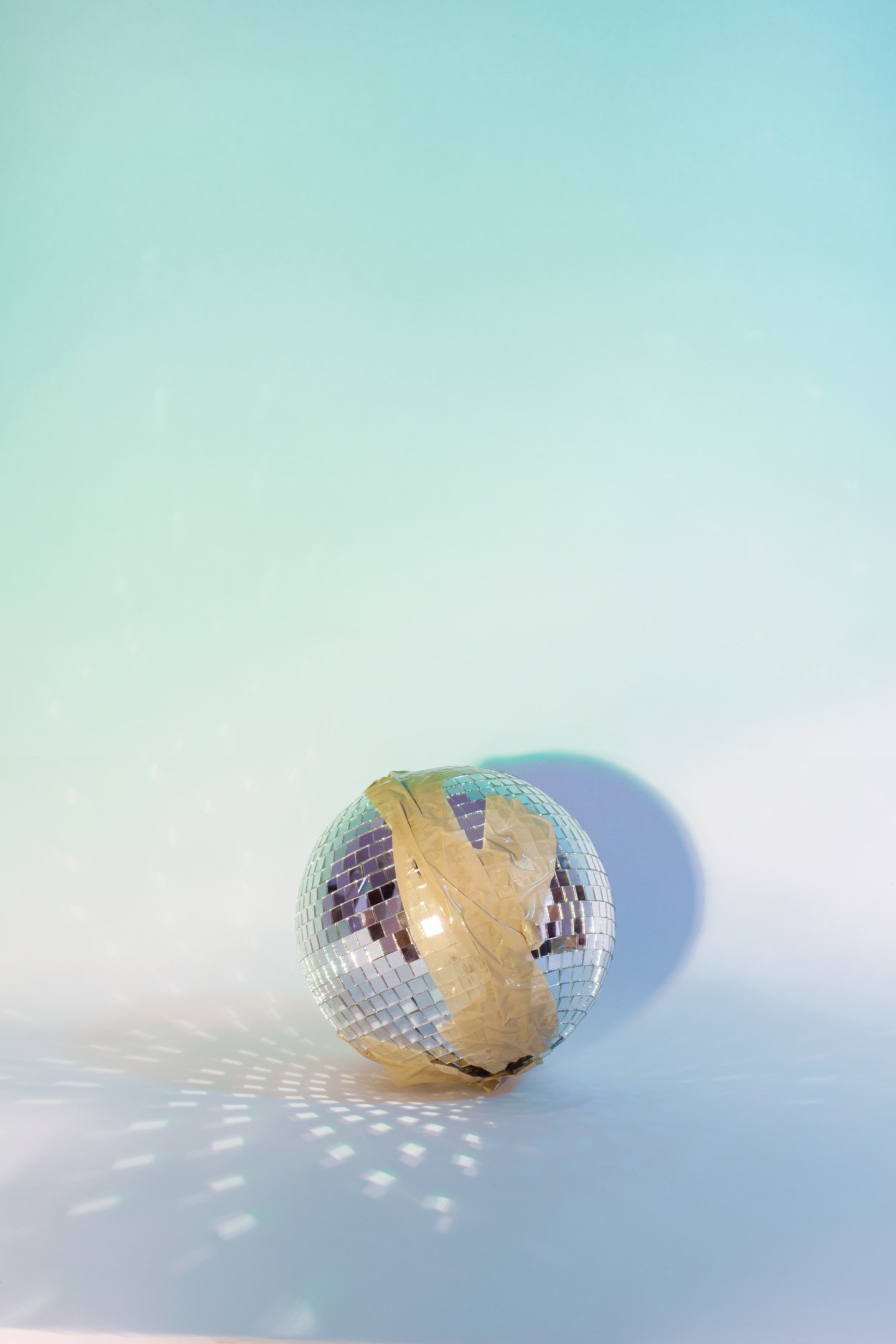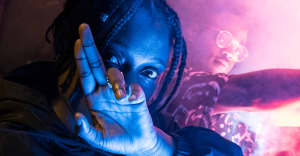Night Slugs Bring The Ideal Dancefloor To Life
How a London crew bucked genre and became electronic music’s future.

Genre distinctions in DJ culture can be oppressively rigid. House nights can become strictly house nights and hover in the same BPM for hours. Rave flyers often feel the need to clarify if a DJ is going to play jungle and drum & bass. Rap and R&B—let alone grime—are too often left out of techno or disco sets.
But Night Slugs are masters of the kind of globe-trotting playlists that push traditional pop and club structures into unexpected, thrilling contortions. A few years ago, when the London label and party collective was still a baby, co-proprietor Bok Bok articulated his ethos in one compact Gchat message to me: “There’s no such thing as ‘retro’ music or ‘future’ music—it’s one and the same,” he wrote. “It’s those wormhole connections between different places, scenes, styles that interest us most.” Night Slugs’ selections have always been driven solely by their instinct for unlikely bangers, never hewing to de rigueur hits, predictable staples, or modern, pale imitations of whatever style some A&R happens to think is cool at the moment. Their productions swirl house, grime, hip-hop, acid, bass, electro, R&B, and whatever else into a boxfresh mix. They revel in the power of the internet to amplify these disparate, sometimes underappreciated sound worlds, and are always reverent of the diverse peoples and cultures who created them.
This is the most fun you will ever have in a warehouse, the ideal of underground dance club culture in 2015.
Back when Bok Bok (Alex Sushon) and L-Vis 1990 (James Connolly) formed Night Slugs in 2010, it was just a small party in London, but as word got out, their enterprise expanded to events around the world, a full-blown label, a monthly show on Rinse.FM, and a movement that resonated so strongly it birthed a sister label, Los Angeles’ Fade to Mind. Night Slugs released instant club classics like Girl Unit’s “Wut” and Bok Bok’s “Silo Pass,” and reissued Dat Oven’s long-lost NYC vogue staple “Icy Lake.” Its founders helped launch careers for adjacent artists like Kelela and Javeon McCarthy, and never stopped releasing their own tracks, each its own master class in running dystopian grime and Miami bass through an industrial incinerator.
As the crew has grown up, it’s remained as playful and unorthodox as ever. Jam City’s amazing 2015 LP, Dream a Garden, sounds like Arthur Russell meeting Ashford & Simpson, an unexpected turn to melodic post-punk just as he was being pegged as Night Slugs’ resident synth maximalist. In more recent L-Vis collaborator Lafawndah, we’re hearing a way out of R&B’s post-Weeknd somnambulist slump through decisive sounds and a distinct lack of lethargy. None of it plays by any rules.
Today L-Vis 1990 lives in New York, which means you can go to a Night Slugs rave in Brooklyn, lose your friends in the fog machine, feel like a cyborg, and sweat from your face. This is the most fun you will ever have in a warehouse, the ideal of underground dance club culture in 2015: nimble, malleable, gritty, queer, young, and utterly devoted to the united groove. It’s music for a generation that doesn’t believe in much, but understands the power of coming together on the dancefloor.
